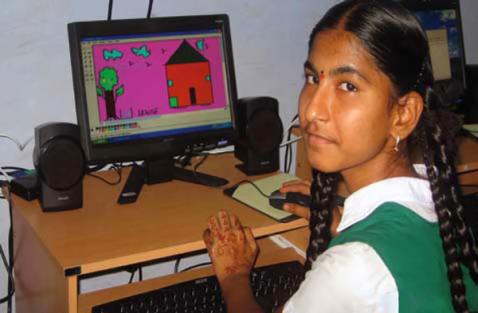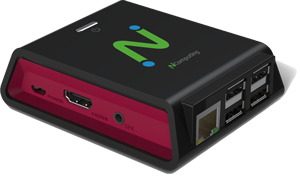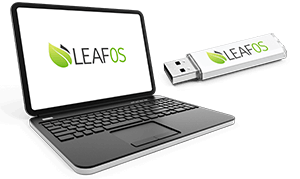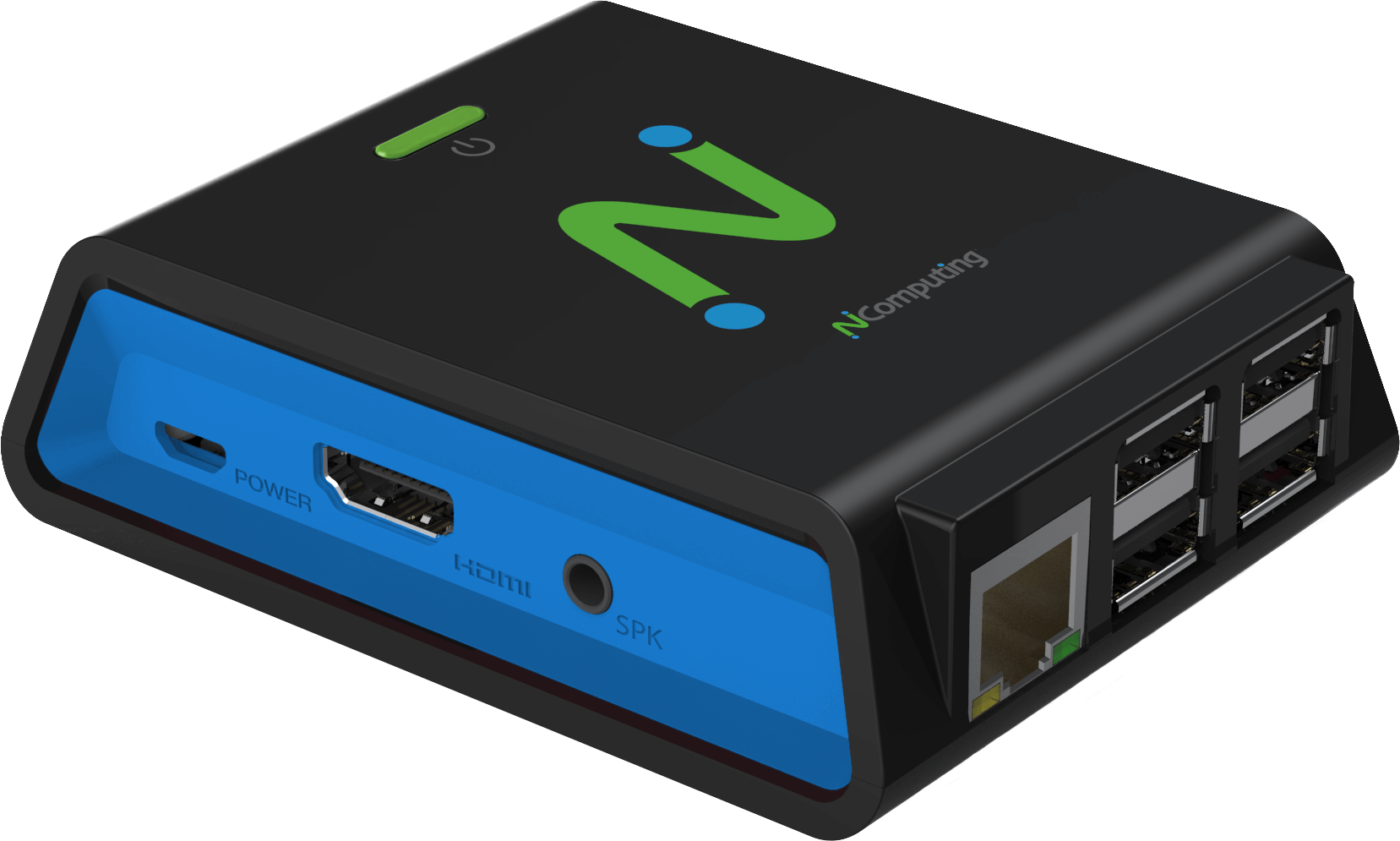The government of Rajasthan sought to provide computer education to students in its state-run schools. As the largest state in India, Rajasthan was facing several significant roadblocks–hardware costs, maintenance, and power shortages among them. NComputing’s vSpace for Linux desktop virtualization solution helped address these requirements most economically and effectively.
In recent years, the state of North Carolina announced ambitious goals to achieve one-to-one computer access for all its K-12 students and putting all assessment testing online. It’s a directive that’s tough for nearly any school’s budget, but even more so for Scotland County Schools.
Mostly rural, Scotland County, North Carolina, is one of the smallest counties in the state and the 16th poorest district in the nation. The 14 public schools within the county serve 6100 students. Only one third of their students have Internet access at home and many don’t have computers.
The ‘ICT in Education’ Project
Haryana, a state located in northern India, comprises 21 districts. The state’s “ICT in Education” project – part of the government’s mission of transforming Haryana into an IT-driven economy – aims to introduce every student to computing to empower them with the skills to thrive in the modern world.
Founded in 1995, The Education Volunteers Foundation of Turkey (TEGV) has evolved to be Turkey’s most widespread Non-Governmental Organization operating in the field of Education. Serving over 245,000 students, TEGV controls a variety of facilities including 8 education parks, 62 learning centers, and 13 mobile learning units.
TEGV: Students can now use computers for classwork in the school’s computer lab.
Computer skills are becoming as important as math, language and science education, and governments around the world are looking for the most efficient ways to provide computing access for their students.

Maharashtra is India’s second largest state and includes the city of Mumbai— India’s commercial capital. In order to ensure that its workforce is ready for the modern work place, the state government established the Maharashtra Knowledge Corporation Limited (MKCL) to provide adults with essential IT and computing skills. The MKCL fulfills its mission through a large network of learning centers across the state. The learning centers are operated by small and mid-sized IT enterprises.
The Employee State Insurance Corporation (ESIC) is chartered by the Indian government to deliver insurance and healthcare benefits to over 20 million private- and public-sector employees. ESIC provides these services through over 2,000 facilities that include hospitals, dispensaries, and branch offices across India. ESIC’s IT systems were outdated and could not provide high-quality service to its stakeholders.
Channel 7 News highlights how schools in Redding, CA have saved over $100,000 by using NComputing to bring computer access to their students and faculties.



-menu.png)


